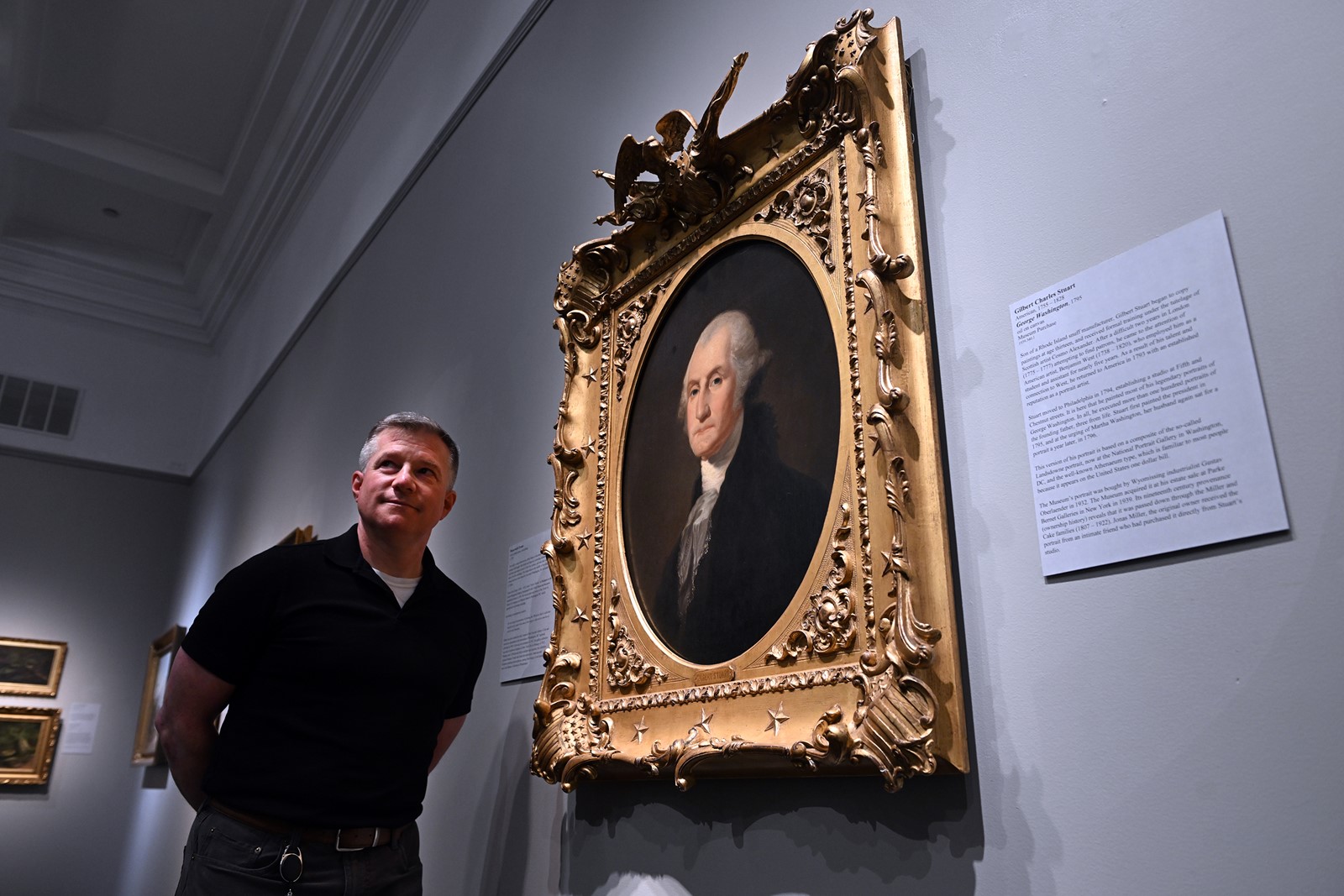I was raised in an America where respect wasn’t a right, it was earned. Like most baby boomers, I grew up under the loving but often-severe influence of elders who endured the Great Depression, fought in wars and continuously sacrificed for family and community. Their code was clear and consistent: respect was something you earned through hard work, humility, faith and character. You didn’t demand it, you proved yourself worthy every day.
Lately, I’ve noticed a shift in how our culture approaches this virtue. I increasingly hear the phrase “demand respect” as if it’s something owed regardless of one’s conduct or contribution. Expecting respect based solely on presence, not character, feels unfamiliar and unsettling to me. I suspect this shift is a tension many of us feel.
Of course everyone deserves basic dignity, fairness, a helping hand and freedom from abuse. But that’s not the same as respect, which must always be earned. Demanding respect removes personal accountability. It places the burden on others to obey without first building the personal foundation that justifies it. Being told to respect, obey, change or conform without question is something I politely decline. Perhaps selfishly, I consider respect mine alone to give and I refuse to give it lightly.
This isn’t just wordplay. It’s a visible and concerning cultural shift. When we move from earning to demanding respect, we erode a powerful and historic way of growing up that shaped generations of honest and productive Americans. To earn respect, we had to self-monitor how we spoke, how we behaved and how we kept our promises. We learned by observing others and recalibrating our own behavior as needed. Responsibility for becoming a respectable adult was squarely on our shoulders.
In that model, we built authentic reputations. Something that wasn’t curated through filters or clever captions but crafted slowly through consistent good choices. When we made mistakes, we apologized and adjusted. We only got one reputation, and its preservation gave us reason to be our best every day at home and in public.
History reminds us of what true earned respect looks like. Consider George Washington, perhaps the most respected person in America’s soon to be 250-year history. Washington never demanded admiration. He earned it through years of service, personal humility, disciplined leadership and deep respect for the institutions he helped build. His still astonishing decision to relinquish supreme power twice cemented his reputation as a man worthy of respect and even reverence. Even today, his example reminds us that true respect doesn’t need to be demanded or insisted upon. It is usually given freely in recognition of proven character, honesty and generosity.
In learning how to earn respect we also learned how to give it. We held open doors, stood when someone entered the room and listened respectfully to our elders. We grew up respecting family, teachers, neighbors, coaches, clergy, police, reporters and politicians…until they gave us a reason not to.
This isn’t nostalgia. It’s a reminder of what has long helped America function well. Mutual respect anchored in accountability builds trust. Trust builds families, friendships and communities. When we remove the requirement to earn respect, we weaken the tenuous fabric that holds us together. I’m not saying younger generations lack virtues. Far from it. But too often, the culture around them seems to prize loud assertions of entitlement over the slow, steady path of earned respect. Social media amplifies this distortion.
Instead, let’s stand up for and preserve this essential virtue. Let’s always teach that respect is something to be earned in homes, schools, churches, sports, businesses and politics. Truly respected people never have to demand it. They simply live in a way that makes it obvious.
Respect isn’t a trophy handed out at birth or after 100 thumbs-up emojis. It’s the cumulative result of many personal decisions curated over time. Let’s return to a culture where that kind of effort remains the true benchmark for earning respect.
Jim Ludlow is executive producer of the Good Government Show Podcast and founder of the Good Government Institute, a nonprofit dedicated to fostering ethical leadership and civic engagement. He lives in Fogelsville. Do you have a perspective to share?

